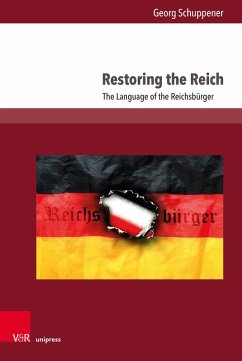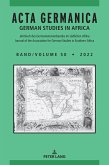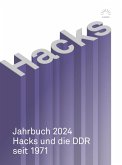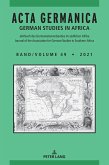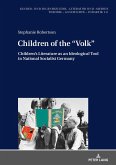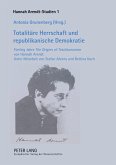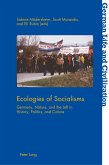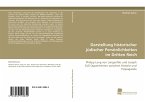The Reichsbürger movement is - at least in terms of public awareness - a rather recent political phenomenon, even though its roots go back at least as far as the 1970s. This volume is the first to focus on the linguistic specifics of the Reichsbürger movement. Adopting a politolinguistic perspective, it analyses the peculiarities and strategies evident in the self-presentation and, especially, in the propaganda of the Reichsbürger. Central aspects of the Reichsbürger worldview are analysed and deconstructed with regard to their linguistic representation. These include, for instance, messages relating to violence, war discourses, conspiracy theories and pseudo-religious references, which are used in the scene to justify their fundamental rejection of the social and political reality of the Federal Republic of Germany. The study pays particular attention to the linguistic expression of Reichsbürger identity, not only looking at the self-presentation of Reichsbürger, but also at howand with which linguistic means they attempt to obstruct state institutions and representatives.

